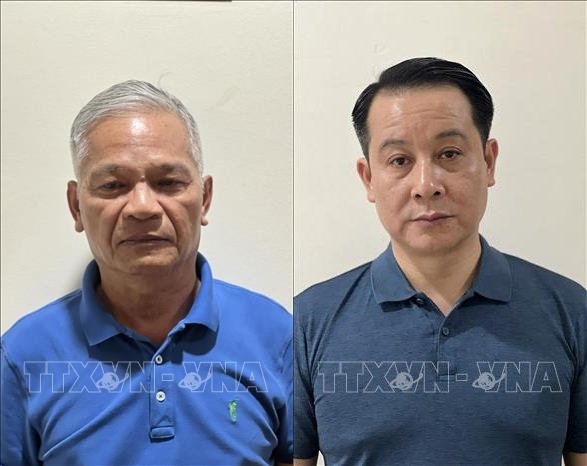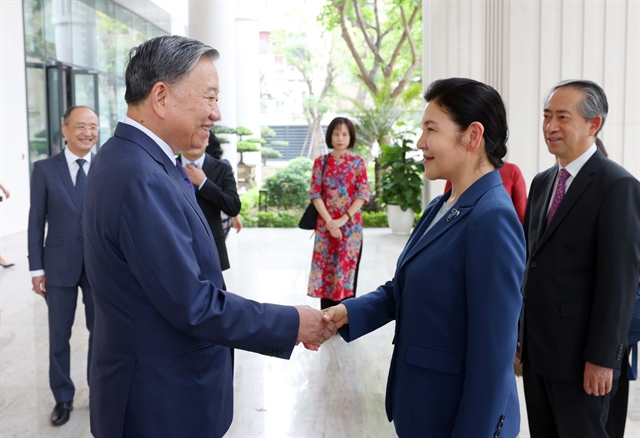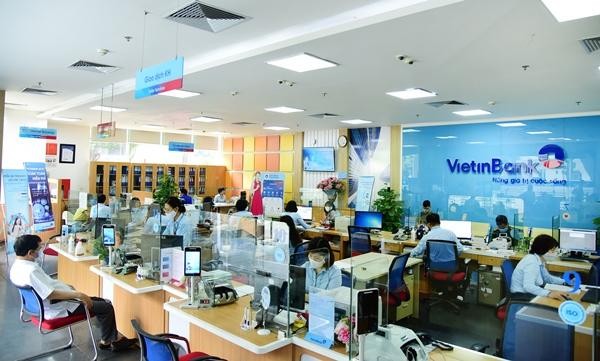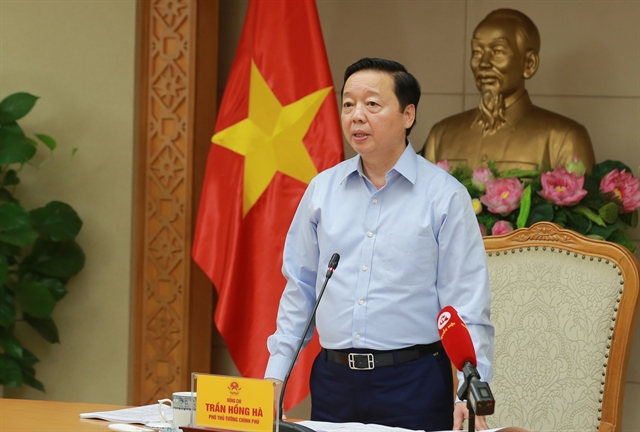

Colombia's FARC rebels are due to begin disarming Wednesday under United Nations supervision, the culmination of a historic peace process to end half a century of conflict.
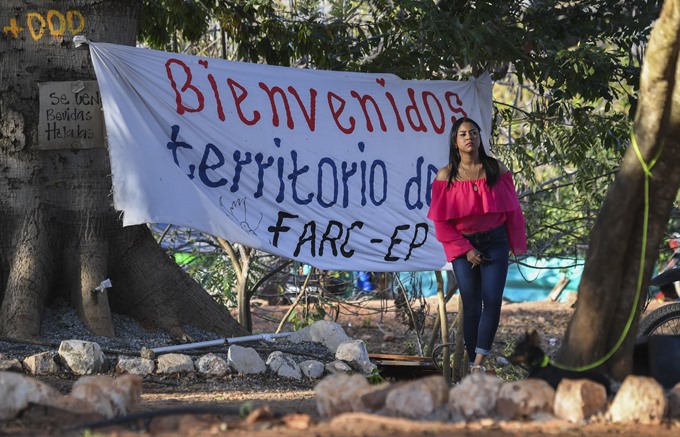 |
| A woman stands at the entrance to the area where the FARC leftist guerrilla are gathering in the municipality of San Jose de Oriente, Cesar department, northern Colombia on Tuesday. The initial phase of the FARC disarmament process, which includes making an inventory of weapons and destroying unstable munitions, begins on March 1 according to the timetable agreed in the peace pact between the rebels and the government in November 2016. — AFP/VNA Photo |
BOGOTA — Colombia’s FARC rebels are due to begin disarming on Wednesday under United Nations supervision, the culmination of a historic peace process to end half a century of conflict.
After weeks of mustering its troops at designated disarmament zones, the FARC will start to inventory its weapons and destroy munitions, its leaders and the government announced Tuesday.
"As a concrete first step in the process of laying down our arms and as a sign of our unconditional commitment to peace, FARC members’ weapons... will be turned over to the United Nations," FARC leader Ivan Marquez told a press conference.
The disarmament of the country’s largest guerrilla army will leave rival movement ELN -- currently engaged in rocky peace talks with the government -- as the only rebel group still waging a multi-sided war that has killed 260,000 people.
The Cold War-era conflict, which has also left 60,000 people missing and uprooted 6.9 million, is the last major armed conflict in the Americas.
Colombia, South America’s third economy and the world’s biggest cocaine producer, has been torn since the 1960s by fighting that has drawn in multiple leftist rebel groups, right-wing paramilitary units, drug cartels and the army.
President Juan Manuel Santos is scrambling to seal a "complete peace" with both the FARC and the ELN.
Both leftist rebel groups took up arms against the government in 1964, in the aftermath of a crushed peasant uprising.
’Irreversible stage’
The FARC, or Revolutionary Armed Forces of Colombia, has some 6,900 fighters.
It signed a peace deal with the government in November after four years of negotiations in Cuba, but implementation is running slightly behind schedule.
Under the deal, the FARC was due to surrender 30 percent of its weapons to the UN by Wednesday. But that can only happen once the inventory is complete.
The government’s high commissioner for peace, Sergio Jaramillo, said a June 1 deadline for the rebels to fully disarm would be maintained, however.
President Santos, who won the Nobel Peace Prize in October, tweeted Tuesday that Colombia had begun "an irreversible stage in the consolidation of peace."
However, separate talks with the ELN, or National Liberation Army, took a hit this week when the rebels claimed responsibility for a February 19 bombing that killed a police officer and wounded more than 20 at a bullring in Bogota.
The bombing came 12 days after the talks opened in the Ecuadoran capital Quito -- a bloody reminder of the violence Colombia still faces.
Experts warn the ELN could be a tougher negotiating partner than the FARC because it has more hardline demands for sweeping social change, plus a decentralised command structure that could make it harder to convince the rank and file to accept an eventual deal. — AFP

